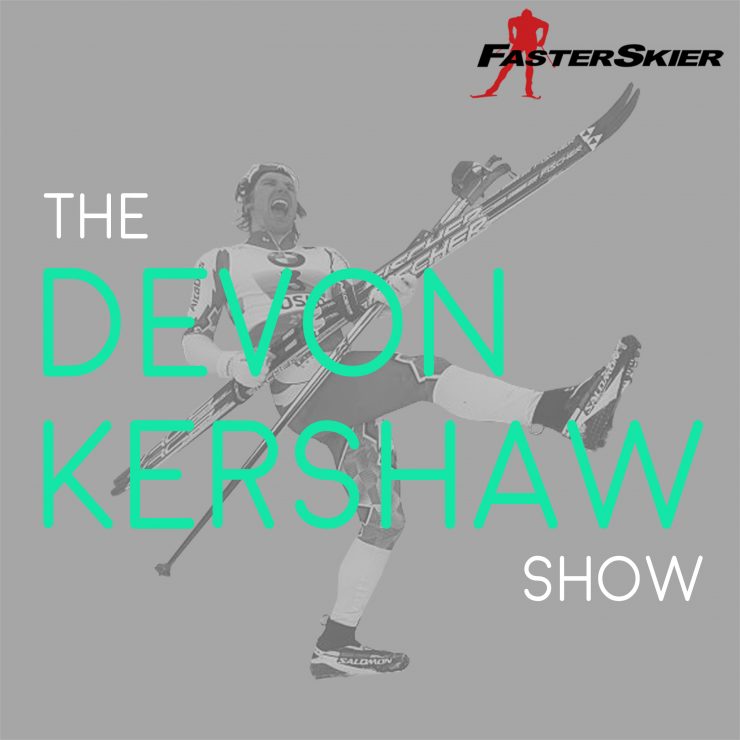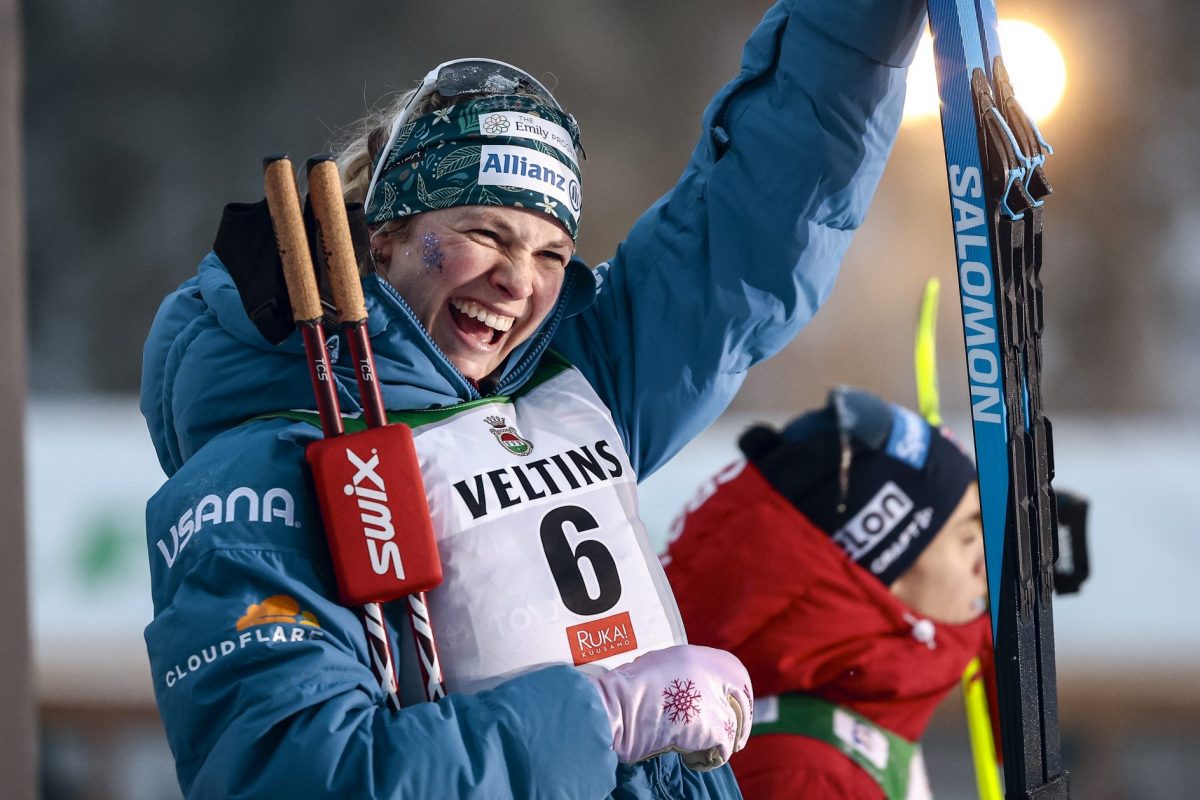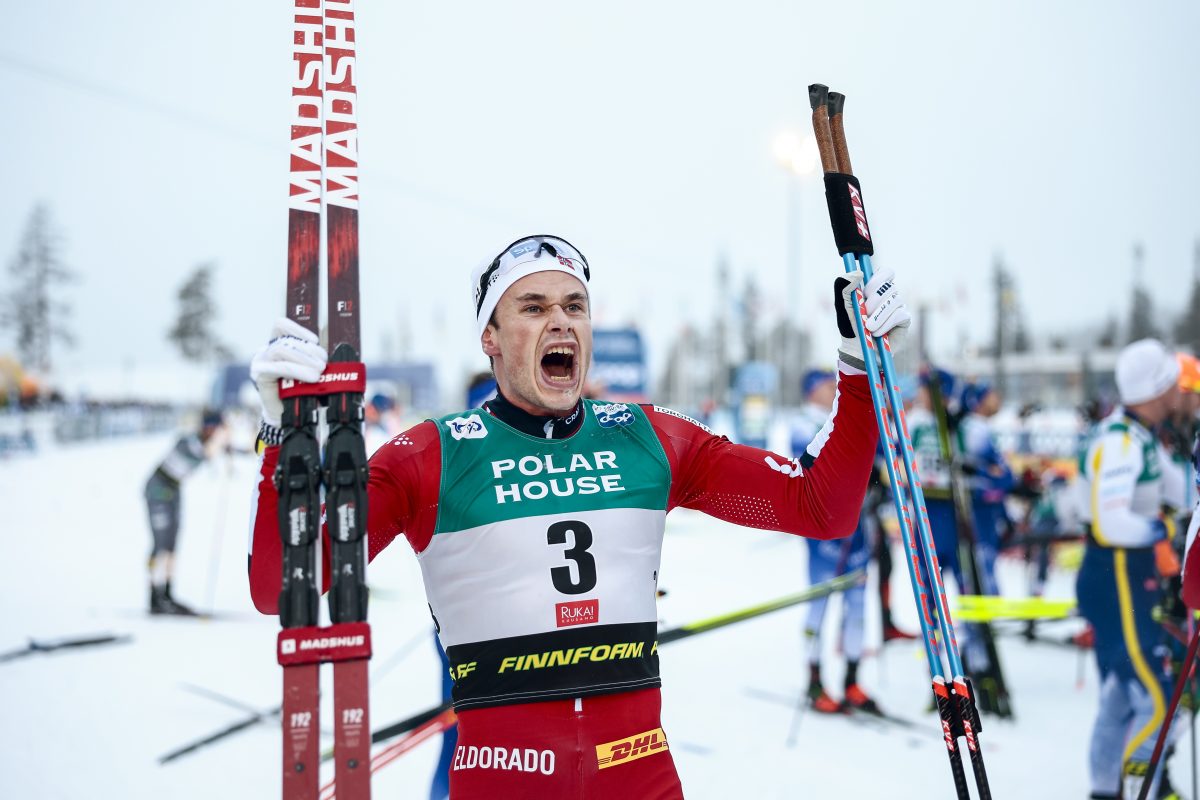
Russian cross-country skier Nikolay Pankratov has received a two-year ban from the International Ski Federation (FIS), FIS Anti-Doping Administrator Sarah Fussek said Tuesday morning.
Pankratov, who was caught by Swiss customs in September with intravenous equipment and 22 vials of Actovegin—a suspicious, though legal drug—was barred from FIS competitions through September, 2012.
Pankratov was sanctioned based on article 2.6 of the FIS Anti-Doping Rules, which addresses the possession of “prohibited substances” or “prohibited methods.” According to Fussek, the specific provision that Pankratov violated was one that bars athletes from using intravenous infusions, known as “M2” on the World Anti-Doping Agency’s Prohibited List .
Intravenous infusions are indeed illegal, though Markus Hoss, Pankratov’s lawyer, had maintained that the equipment found in the athlete’s car was insufficient to perform such a procedure—the paraphernalia allegedly included just two “butterfly” needles and some tubing.
Hoss could not be reached Tuesday, but in December, he told FasterSkier that “you have to prove that you have a complete prohibited method.”
Furthermore, Hoss had argued that the Actovegin in Pankratov’s car was in vials of two millileters—too small to be administered intravenously.
Instead, he said, it was meant to be injected into Pankratov’s muscles—a procedure that is not banned. Actovegin itself is not a prohibited substance, either, though experts say that it is sometimes used as part of a doping regime that does include illegal drugs.
Over the past two years, the Russian Ski Association has run afoul of FIS for the large number of doping cases among its athletes. The association was fined more than $185,000 last spring, though it escaped further sanctions this fall after barring several coaches from working with the Russian national team.
The FIS decision will not be made public until Wednesday, Fussek said, but she added that it did not mention the Russian Ski Association. Further sanctions, she said, would have to be addressed by the FIS Council—an 18-member executive body that meets a few times a year. (The decision on Pankratov’s case was made by the FIS Doping Panel—a three-member committee convened to address rules violations by individual athletes—while the council generally considers cases involving national federations.)
“This would be an issue for the council, only, to decide,” Fussek said.
Hoss was in meetings all of Tuesday, and he did not immediately answer an e-mail query as to whether Pankratov would appeal the ruling to the Court of Arbitration for Sport. In December, Hoss had said that an appeal was likely.
If the ban stands, Pankratov would be able to return to the sport for the 2012-2013 season, when he’s 29 years old.
A former World Championships medalist in the relay in 2005 and 2007, Pankratov’s career seemed to be on the wane after last season—he broke into the top 10 on the World Cup circuit just three times in individual races, without a podium.
In the spring, Pankratov was dropped from the Russian national team, and he had spent time in Norway last summer training with some of the country’s elite, including Martin Johnsrud Sundby.
Nathaniel Herz
Nat Herz is an Alaska-based journalist who moonlights for FasterSkier as an occasional reporter and podcast host. He was FasterSkier's full-time reporter in 2010 and 2011.



